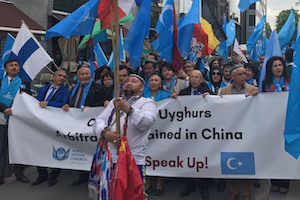The Deeper Dynamics of the Istanbul Rerun
By Halil Karaveli
May 16, 2019
In Turkey, appearances tend to be deceiving. It is a mistake to take the cancellation of the Istanbul election result as proof that President Recep Tayyip Erdoğan refuses to accept defeat at the polls. The Kurdish vote decided the outcome in Istanbul, exposing the vulnerability of a system that was supposed to neutralize the influence of the Kurdish political movement. The Istanbul rerun speaks of the power of Devlet Bahçeli, the nationalist leader, and of the state cadres who see the victory of an opposition in tacit alliance with the Kurdish movement as an existential threat to the state. Erdoğan did not dare to challenge them.
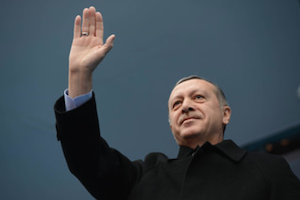
Turkey's Purchase and the Path to a Post-American Alliance Architecture
By Micha’el Tanchum
April 22, 2019
Turkey's taking delivery of the Russian S-400 air and missile defense system in July 2019 is a momentous strategic step. It reflects the realignment of Ankara's interests away from Washington and toward Moscow. Washington's planned punitive measures could precipitate Turkey’s exit from the NATO alliance. Unless concessions are forthcoming from the U.S. to induce Turkey to reciprocate by finding a face-saving way out of installing the S-400 system, a strategic divorce may not be averted.
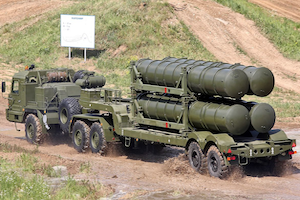
Is the AKP Headed Toward a Historic Defeat?
By M.K. Kaya
March 29, 2019
There is every reason to expect that Turkey’s municipal elections on March 31 will be a major setback for the ruling AKP and that they will set in motion developments that are going to alter the political landscape of the country. The AKP may be headed toward what will prove to be a historic defeat. The elections are pregnant with consequential political changes that are going to affect the nature of the Turkish regime, its Kurdish policies as well as Turkey’s relations to the West.
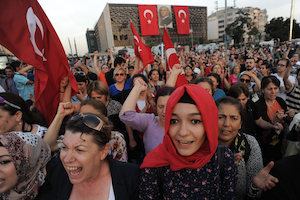
Defying Denial: Turkey's Kurds and the March 31 Local Elections
By Gareth H. Jenkins
March 27, 2019
Despite intense pressure from the Turkish state, including the imprisonment of a large proportion of its leadership, the Peoples’ Democratic Party (HDP) is again expected to win the majority of votes in the predominantly Kurdish southeast of the country in the nationwide local elections on March 31, 2019. But President Recep Tayyip Erdoğan’s repeated public threat to prevent HDP officials from holding office means that, for Turkey’s Kurds, the election will be less about choosing who will run their local authorities than their own identity amid a growing conviction that their future lies in a considerably looser relationship with the central government in Ankara.
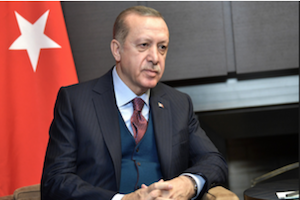
Turkey's Strong Rebuke of China's Uighur Policy Reveals Inherent Limit of Sino-Turkish Cooperation
By Micha’el Tanchum
February 20, 2019
Turkey's recent stern rebuke of China's treatment of its Turkic Muslim, Uighur minority constitutes a stunning policy reversal by Ankara after more than three years of accommodating Beijing's policies in Xinjiang province. The Turkish government's belated condemnation of China's internment camps in Xinjiang was prompted by an erroneous claim of the death in detention of a revered performer of Uighur traditional music. The timing was also motivated by the mounting pressure ahead of Turkey's March 31stelections from growing Turkish nationalist outrage over the Uighur's plight. Ankara's reversion to the nationalist line on Xinjiang reveals the inherent limit of Sino-Turkish cooperation, as Turkish nationalism's core element of Pan-Turkic solidarity poses an enduring threat to Beijing's vital interests in Xinjiang and its strategic ambitions across Turkic Central Asia..
